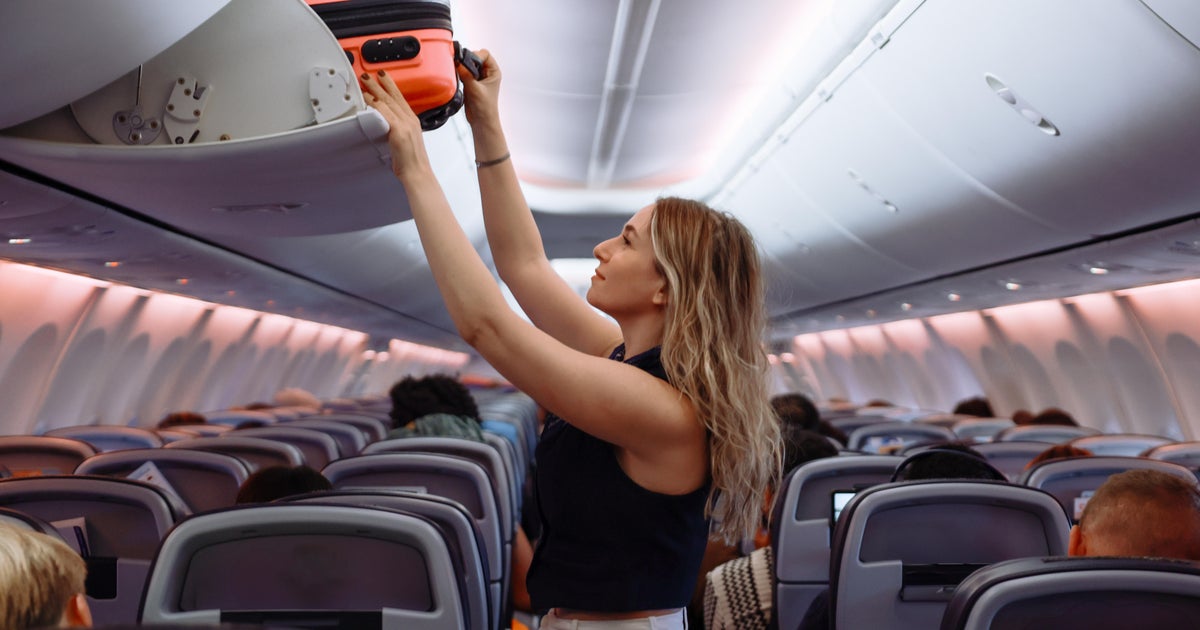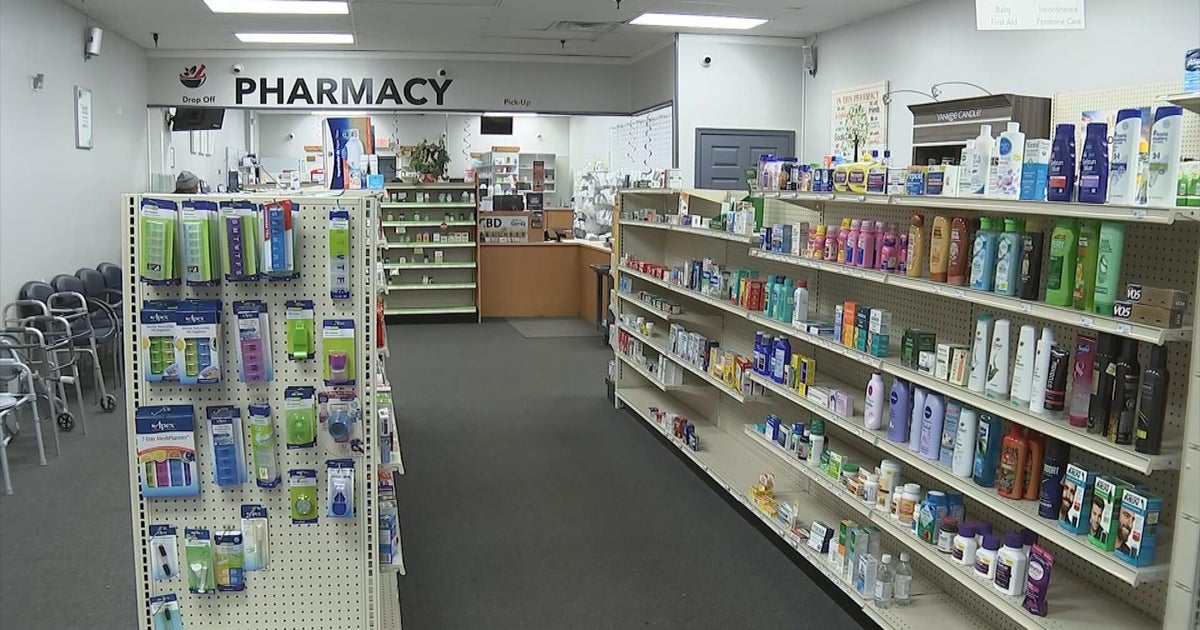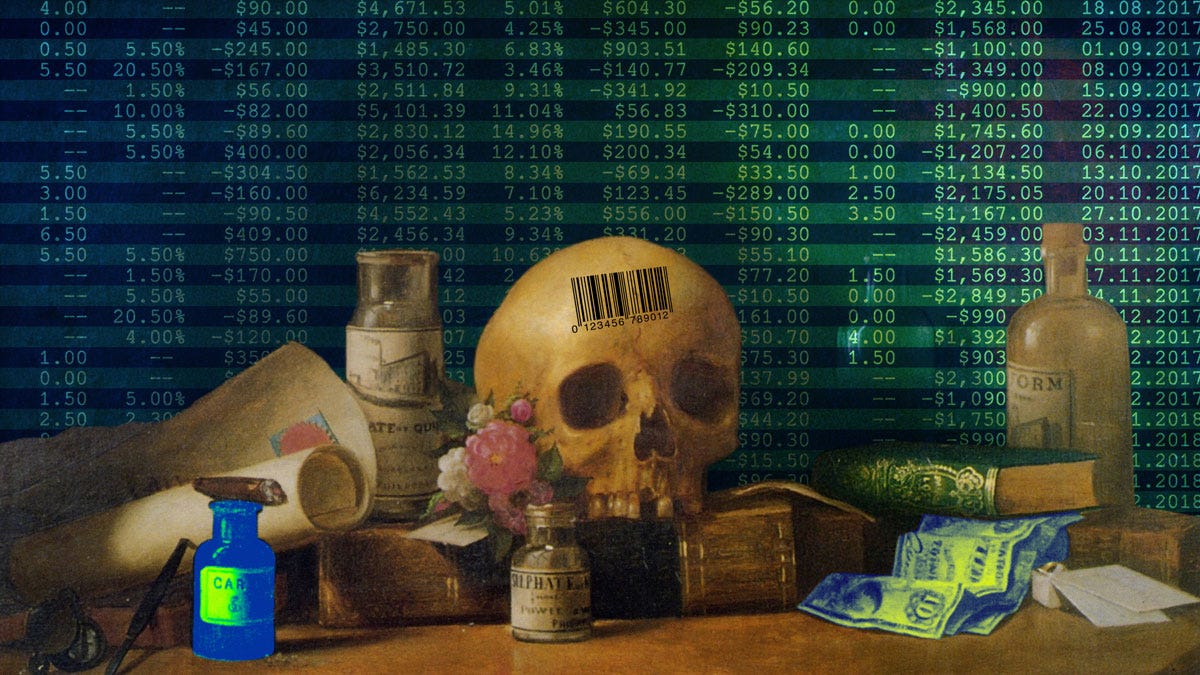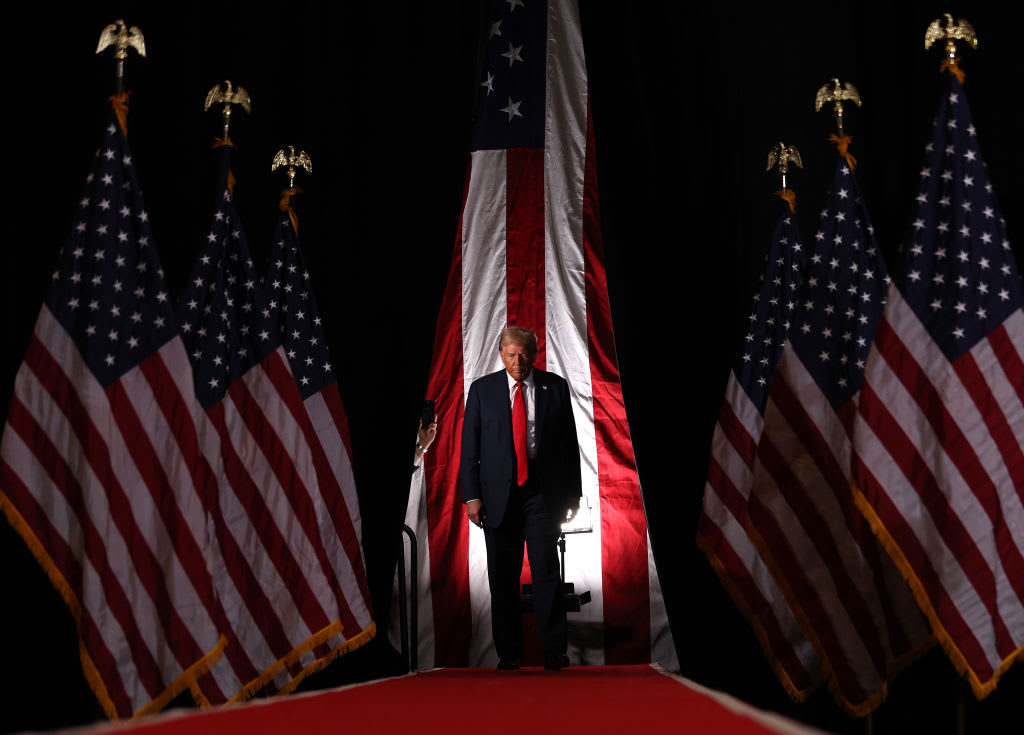Study: Almost half of diabetics skip medical care due to costs
Almost half of diabetics are cutting back on treatment because of costs, according to a new survey that comes as the skyrocketing price of insulin is prompting lawmakers and physicians to call for more oversight.
The American Medical Association, the largest association of physicians in the U.S., last week called for federal intervention to protect diabetics from being exploited by price gouging on insulin products. The group wants the Federal Trade Commission and the Justice Department to track insulin pricing and market competition to protect consumers.
"It is shocking and unconscionable" that patients are struggling to get a basic medicine like insulin, AMA board member William A. McDade said in a statement.
Insulin is one of many essential drugs across all categories of pharmaceuticals to show substantial increases in price, the lobbying group for American physicians noted. The average price of insulin nearly tripled between 2002 and 2013, according to the American Diabetes Association.
The life-saving drug is used to treat diabetes, a disease in which the body fails to properly regulate blood sugar, and afflicts nearly one in 10, or roughly 30 million Americans. Costs for insulin from two manufactures rose nearly 8 precent last year.
No generic version of the almost 100-year-old drug exists, and three manufacturers -- Eli Lilly, Sanofi and Novo Nordisk -- control 99 percent of the market. That's prompted some lawmakers to call for more transparency about insulin pricing, while Nevada passed a law last year that will require insulin makers to disclose information on pricing, profits and discounts to pharmacy benefit managers.
Out-of-pocket costs
The skyrocketing costs are illustrated in new findings from UpWell Heath, which provides healthcare services for people with chronic conditions.
An online poll conducted in 2017 found 45 percent of diabetics reported having sometimes gone without care for their disease because they could not afford it, UpWell said.
More than four out of 10 diabetics said they spent more than $1,000 in out-of-pocket costs in the past year for diabetes complications, the survey found. Another one-third spent between $100 to $500, the survey found. Diabetics often face indirect costs such as missing work because of the illness or cutting back on hobbies, it added.
The painful choices being made by diabetics and their families was spelled out for lawmakers in a hearing last month on Capitol Hill. One father told the Senate Committee Aging that his 13-year-old son's insulin had jumped from $300 for a 90-day supply in 2017 to more than $900 by early this year.
"I immediately went into panic mode," Paul Grant, a project estimator a building company in Maine, told the committee. He wound up buying insulin from Canada, where the same amount cost about $300.





